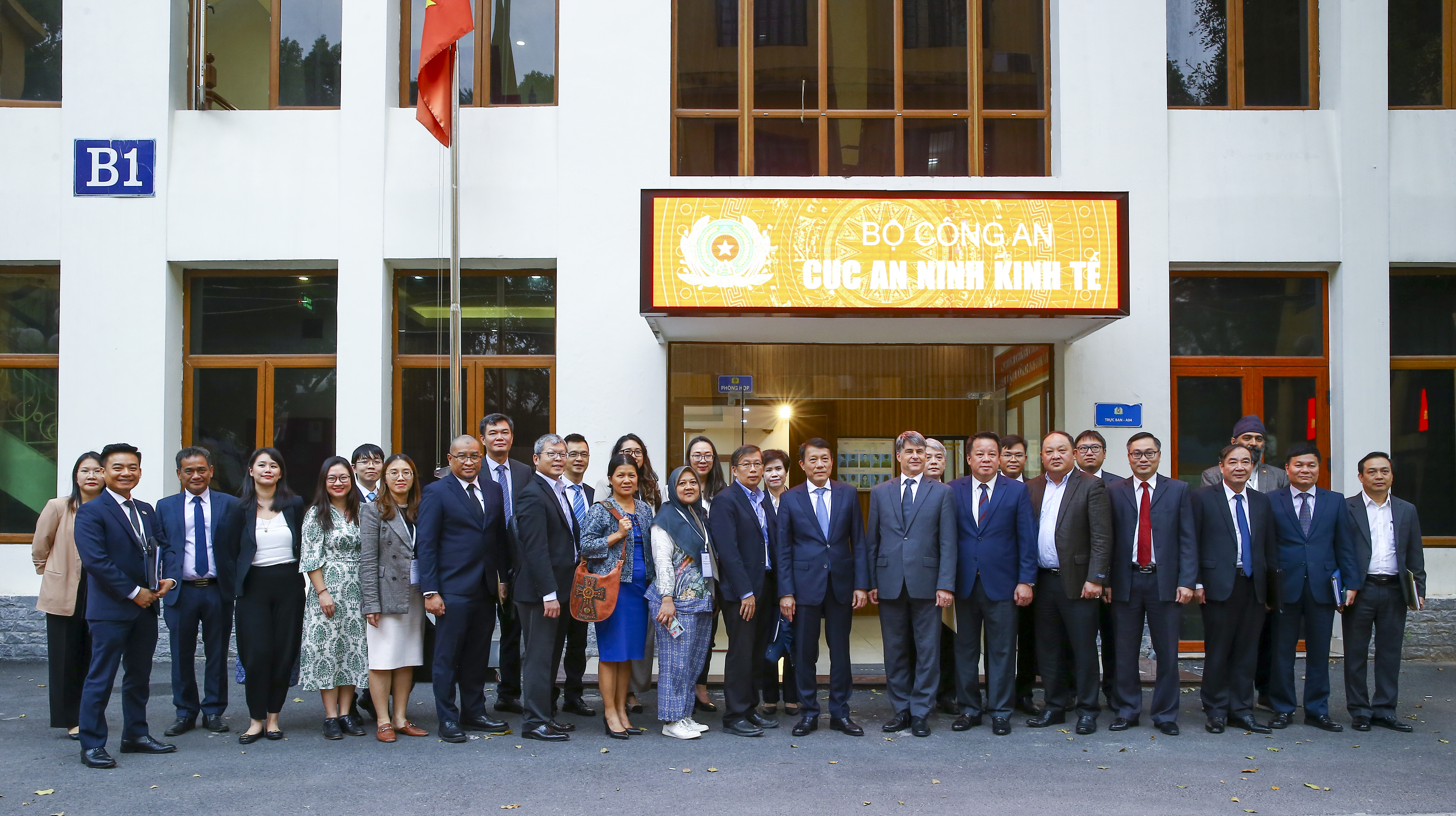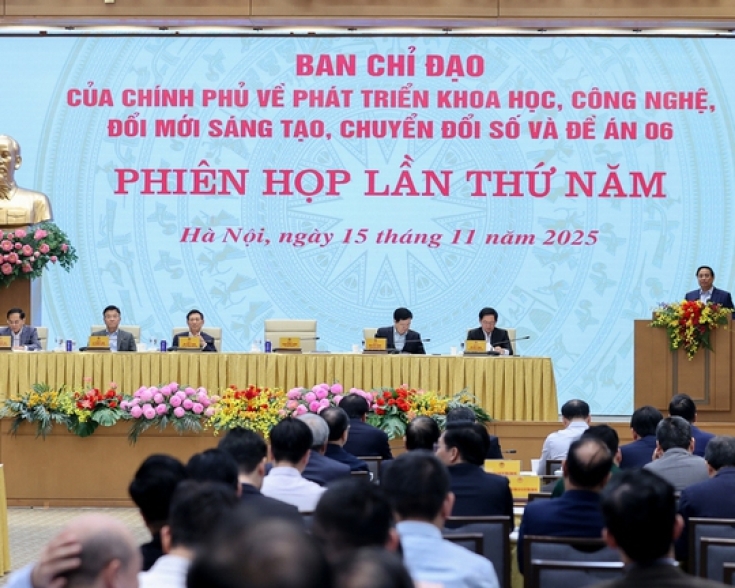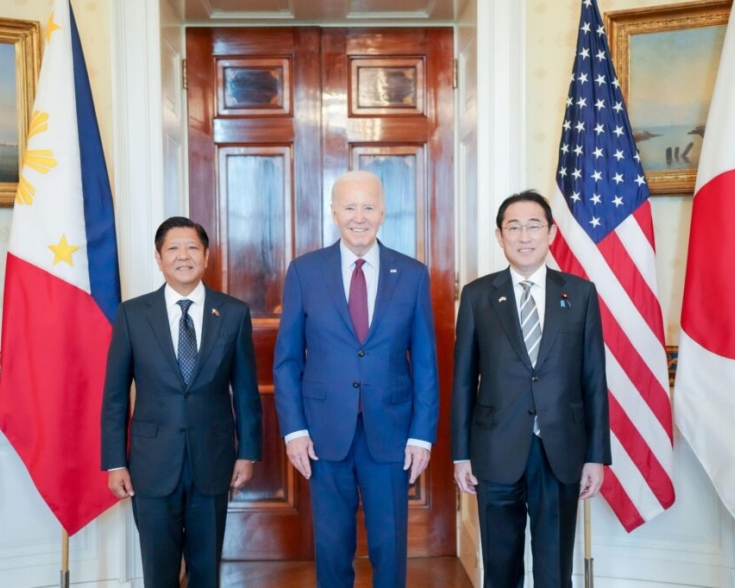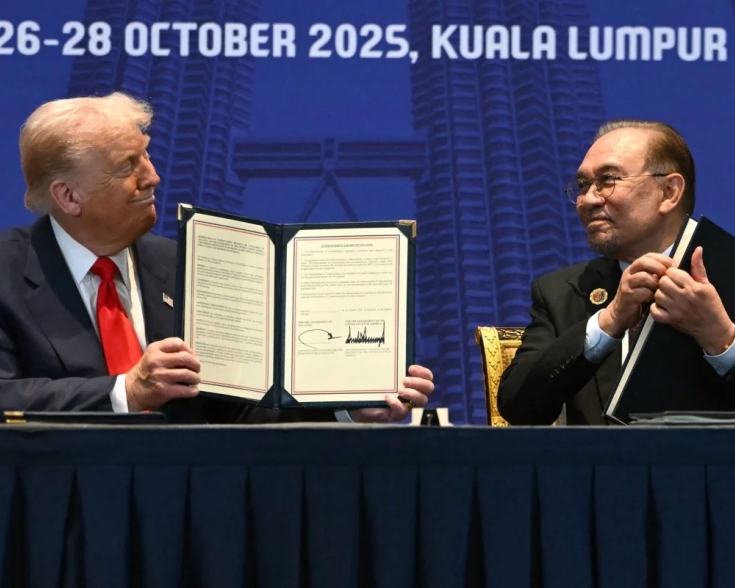Vietnam Deepens U.S. Defense Ties to Drive High-Tech Growth and Economic Rebalancing

On May 8, Vietnam and the United States held the 13th Vietnam-U.S. Defense Policy Dialogue in Hanoi, co-chaired by Vietnamese Deputy Defence Minister Senior Lieutenant General Hoang Xuan Chien and U.S. Acting Assistant Secretary of Defense John Noh. The two sides discussed deepening reconciliation efforts, with the U.S. pledging an additional $130 million for dioxin cleanup—bringing total aid to $430 million—and reaffirmed cooperation on Agent Orange assistance, missing-in-action recovery, and veteran memorabilia repatriation. Both sides also agreed to expand military collaboration through educational exchanges, medical cooperation, and multilateral engagement. Vietnam reiterated its “Four No’s” defense policy and its commitment to a peaceful resolution in the South China Sea under international law.
Vietnam’s growing cooperation with the United States reflects an alignment that supports its broader goals of security modernization, economic development, and improved trade relations. High-tech defense collaboration is a central pillar of this strategy. While Vietnam remains interested in importing advanced U.S. systems, it is also developing high-quality domestic defense capabilities. The Z129 Factory, under the General Department of Defense Industry, has made significant strides in mastering the production of advanced detonator technology. Vietnam’s strategy reflects a dual-track approach: acquiring top-tier hardware while building a high-standard domestic manufacturing capabilities—balancing international collaboration and national self-reliance.
For U.S. businesses, Vietnam’s trajectory offers robust opportunities across defense, aerospace, and advanced technology sectors. The country’s continued demand for high-end systems—such as surveillance equipment, aircraft, and secure infrastructure—positions American firms to play a central role in its modernization efforts. At the same time, Vietnam’s push to develop high-quality domestic production capabilities creates openings for technology partnerships, joint ventures, and co-production arrangements. Importantly, collaboration with U.S. firms is not solely about defense—it is also part of a broader strategy to boost economic growth and address the bilateral trade imbalance, a growing concern for Washington. By increasing imports of high-value U.S. goods and deepening technological cooperation, Vietnam aims to strengthen its economic ties with the United States while simultaneously advancing its national security goals. U.S. companies that offer proven capabilities and a willingness to engage in long-term, mutually beneficial partnerships will be well-positioned to succeed in this dynamic and strategically important market.









